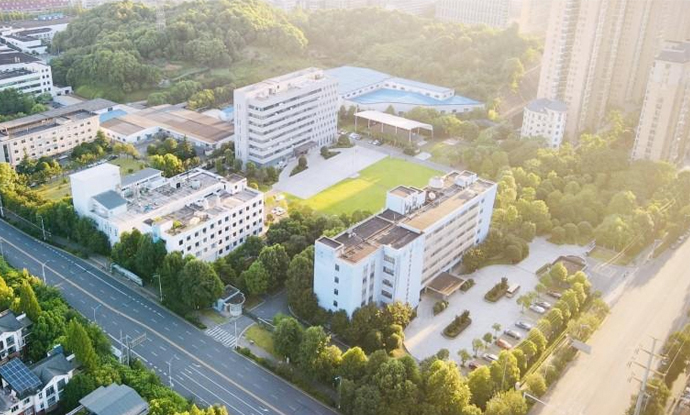
Institute of Bast Fiber Crops, Chinese Academy of Agricultural Sciences(IBFC,CAAS), located in the National High-Tech Industrial Development Zone of Changsha, Hunan province, was established in Yuanjiang, Hunan in 1958, and it moved to Changsha in 2001. It is the only national comprehensive professional institute focusing on bast fiber crops research, and National Agro-Industry Technology Research System for Crops of Bast and Leaf Fiber is affiliated to the institute.

Currently, IBFC has 144 employees, including 23 professors and 51 associate professors. Among them, there are 2 experts awarded National Agricultural Talent, 12 experts granted Special Governmental Allowances of State Council, 15 provincial talents.
There are 5 administrative departments and 9 research departments in IBFC: Department of General Administration, Department of Human Resources, Department of Scientific Research Management, Department of Achievement Transferring, Department of Financial Management, Department of Crop Germplasm Resource Research, Department of Bio-processing Research, Department of Genetic Improvement Research, Department of Forage Crop Utilization Research, Department of Functional Fiber Material Research, Department of Farmland Environment and Engineering Research, Department of Plant Functional Components Research, Department of Characteristic Vegetable and Fruit Genetic Breeding Research, Department of Natural Polymer Material Research. And 2 support departments includes Yuanjiang Experimental station and Hunan Jinnong Agricultural Technology Co. Ltd.
Since its establishment, IBFC has undertaken more than 700 research programs and obtained more than 100 achievements in scientific research including 11 national awards, and it has developed more than 180 varieties. IBFC has 3 national platforms, 7 provincial platforms, which includes National Breeding Centre of Bast Fiber Crops, National Bast Fiber Crop Germplasm Nursery, National Germplasm Database of Bast Fiber Crops conserving 22000 agricultural germplasm resources from 67 countries. IBFC has established cooperative partnership with institutions, universities and companies from 37 countries and 6 international organizations around the world, including Food and Agricultural Organization, United Nations Industrial Development Organization. In the last decade, it has undertaken or participated in more than 40 international programs.